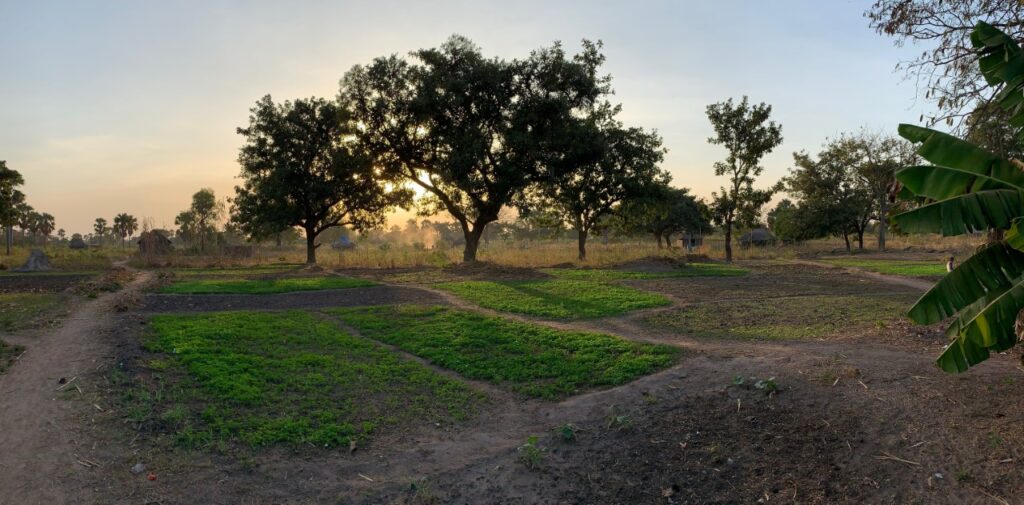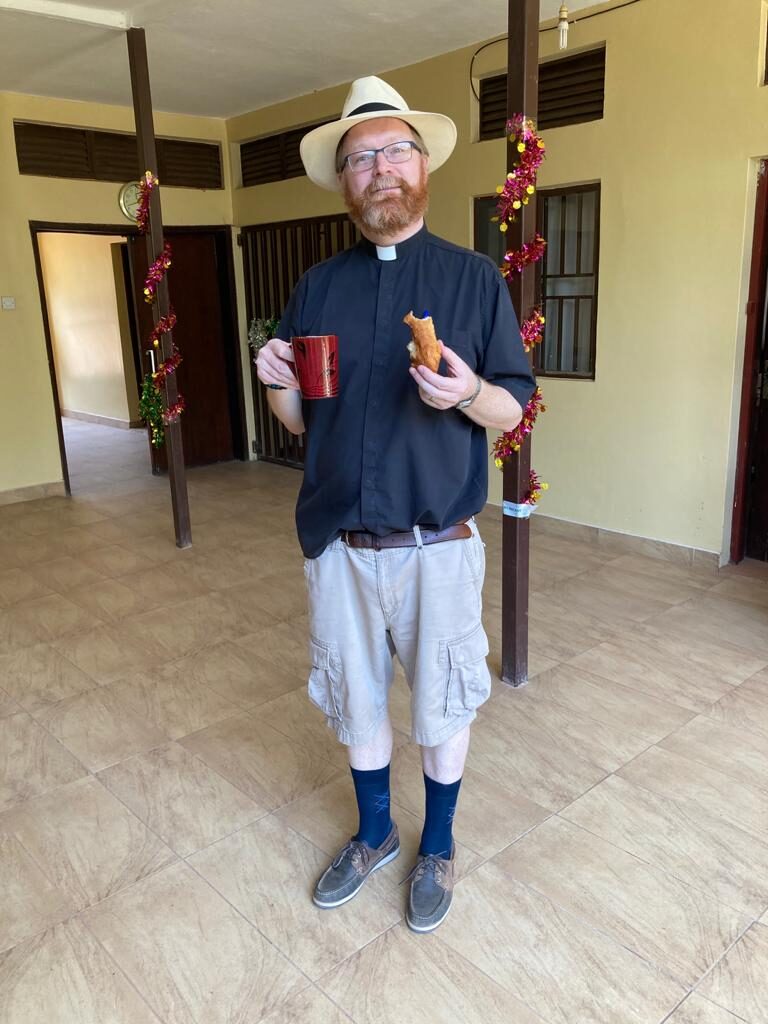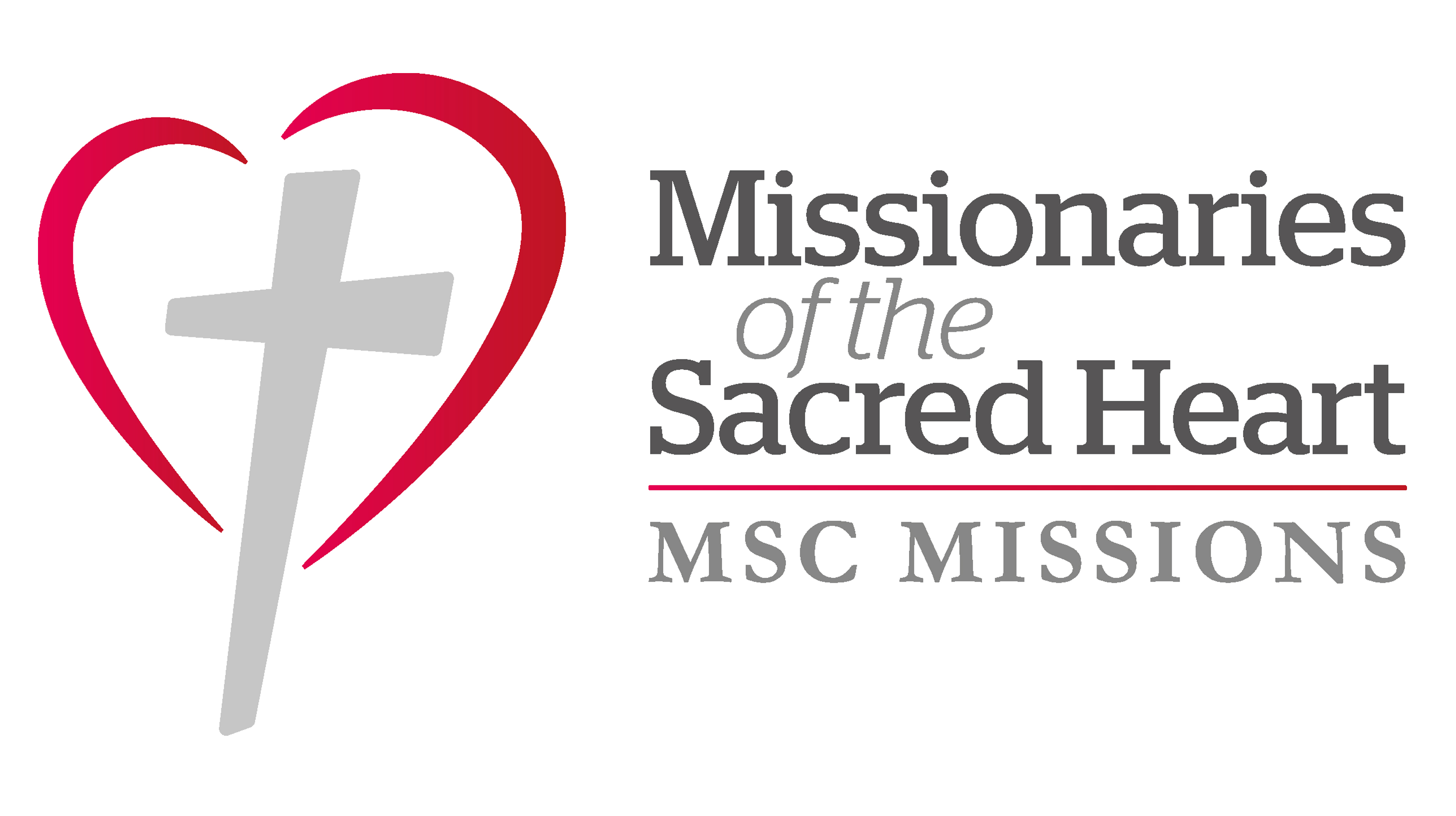
These are some of the kadua and sukumwiki that the local women grow to feed their families.
I don’t know how your morning is going, but I spent mine hunting down a jailbreaking duck. Born and raised in Cork City, I’m an absolute novice when it comes to anything to do with rearing animals or growing crops. I’m used to getting my eggs in cartons and my milk in convenient two litre plastic containers from Centra, so life here has presented some exciting new challenges. One thing is certain though, I’m not taking my food for granted any more.
Lorteo Rumbek does its best to make use of the land around the school to provide some of the food it needs for its students and staff. Each year for several months they grow groundnuts, a nutritious local staple. They also keep goats and pigs. In fact, just last week our community grew with the arrival of eight new piglets. And then there are the ducks, the newest members of my flock. Certainly not God’s smartest creation, but clever enough to give me a run for my money. After a quick Google search to confirm you can’t get rabies if they nip you (one was especially enthusiastic for his food two weeks ago), we’re getting on surprisingly well.
The food security that we take for granted at home, is wildly aspirational in South Sudan. Self-sufficiency and resilience are very much part of daily life. Localised fighting, an infrastructure severely damaged by flooding, and insufficient irrigation systems, mean many families live hand to mouth. Whatever meagre crops they grow must be watered long before dawn and late after sunset, to avoid the intense heat of the day. It involves long hours of backbreaking work, but the women who look after their small plots work miracles with the dry, sandy soil. In the villages around the school, Loreto has drilled several wells and set up hand pumps that provide much needed access to water. The people cultivate kadua and sukumawiki, both similar to cabbage, which they use to feed their families or, if they are fortunate enough to have a surplus, sell in the market.
Last night after Mass with the students, we were discussing the miracle of the Nativity and the simplicity of the stable for Jesus’ birth. For us, this experience of abject poverty shows usthe humility of God entering into our world in the form of a small, vulnerable child. However, it was explained to me that this is how children are born here in South Sudan all the time. Each home is made up of a number of tukuls or mud brick huts with grass roofs that house the families and any animals they have, sometimes sharing the same space for added security. This echo of the Nativity reminds me of how close Jesus was to those living at the very margins of society. There is no Christmas shopping here really and even if there was,there wouldn’t be the money to spend on such luxuries. Instead, the focus is on being together, to sharing the little they have, and being grateful for whatever blessings they have received.
While I’m intrigued by people living in such close proximity to their animals, I still haven’t entirely embraced the local way of life. My ducks and I need our own space. In the end it took the best part of twenty minutes for me to shepherd my errant duck back to his coop. It may have been my imagination, but I did get the sense that the rest of his flock welcomed him home with an awed sense of respect for his daring escapades. If I was being absolutely honest with myself, I think he probably deserved it.

After the Sunday Masses, there’s always time to enjoy a coffee and a mandazi, a local South Sudanese cake.
We’re only three days away from Christmas, so from everyone here in Loreto Rumbek, we hope you have a joyful time as you celebrate the birth of our Saviour and a peaceful New Year.
God bless,
Fr. Alan
HELP US TO TRANSFORM LIVES IN SOUTH SUDAN
